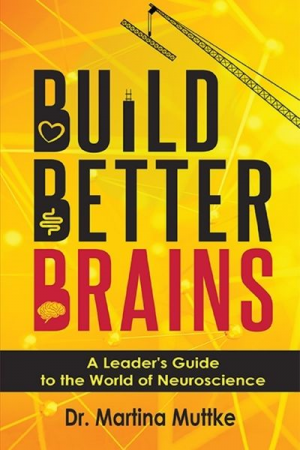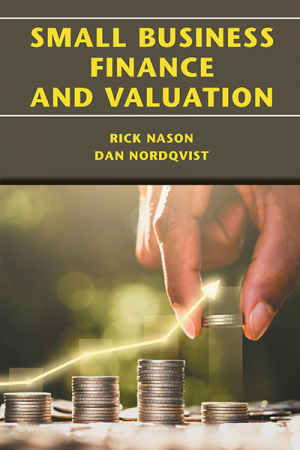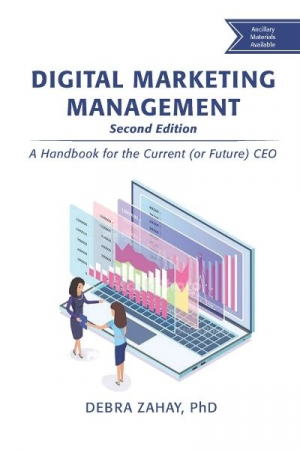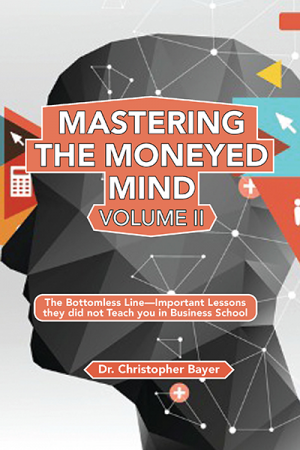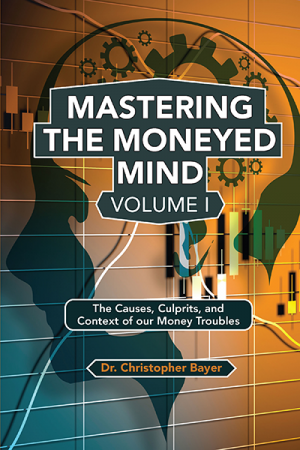Build Better Brains: A Leader’s Guide to the World of Neuroscience
$31.99The exciting news is that leadership has become measurable in the brain. This opens a new perspective on “the biology of leadership”.
Have you ever wished to discover what lies inside of the box on top of your head?
Are you aware that by reading this book you will forever change your brain, because your brain is an eternal construction site?
Did you know that we have three brains? One brain in the brain, one in the heart, one in the gut?
With Millennials and Generation Z becoming most of our workforce, the way we think about leadership is changing. Advances in neuroscience can prepare leaders to build a culture of trust and purpose for themselves and their teams.
Build Better Brains is neither a leadership book nor a book on neuroscience. It merges the best of the two worlds to serve a new type of leader emerging with contemporary organizations.
Build Better Brains
- Offers practical, science-based applications for improving the efficiency of leadership in today’s fast-paced VUCA (Volatile, Uncertain, Complex, Ambiguous) world;
- Applies the knowledge and tools of neuroscience as foundation for leading people and building better companies;
- Is based on simple concepts, utilizing the latest insights from both leadership and neuroscience, without missing out on scientific facts;
- Teaches, but also entertains: leadership is full of fights, fiction, failures, but should also be fun;
- Serves the common need in today’s over-engineered yet antiquated workplaces to discover the magic inside our brains.
LEADERSHIP IS BORN IN THE BRAIN.


